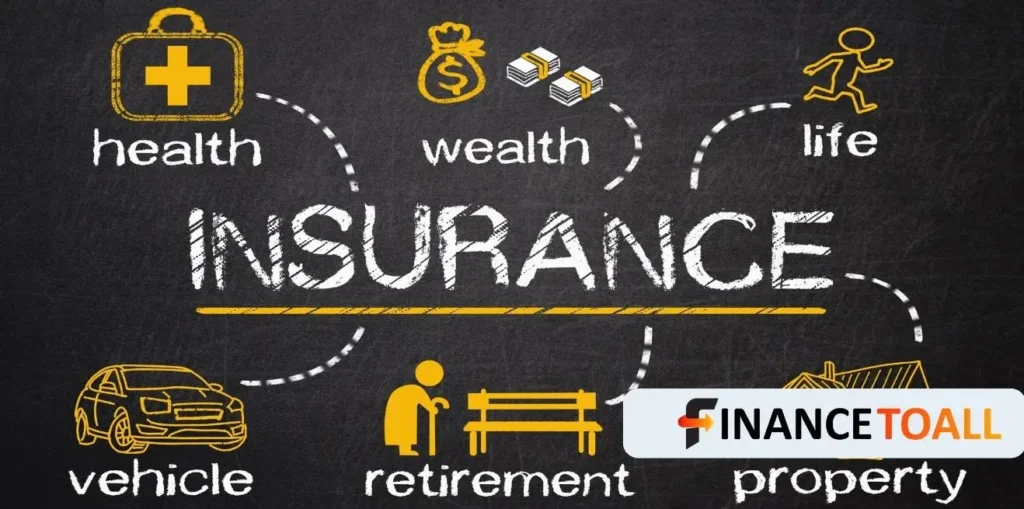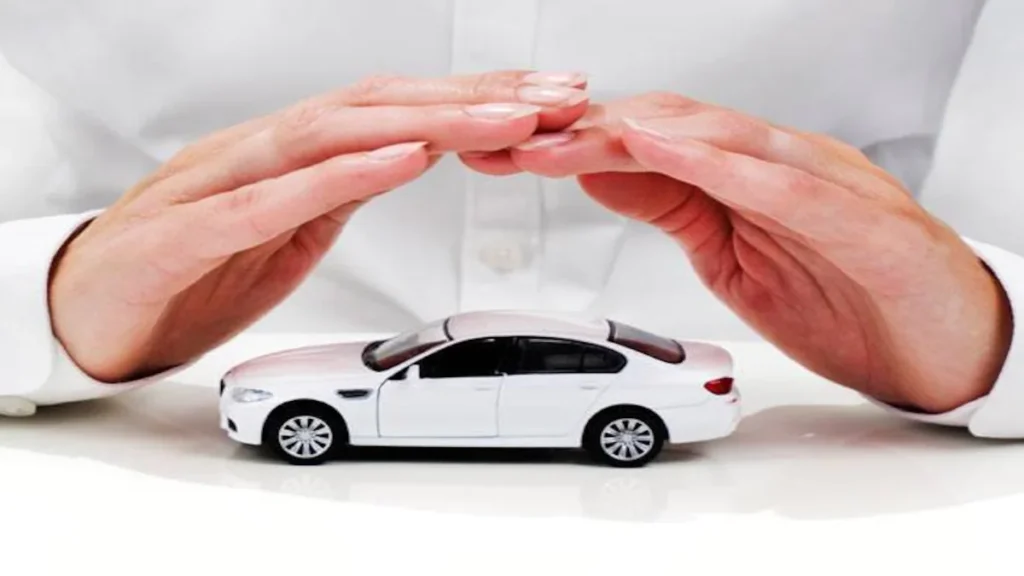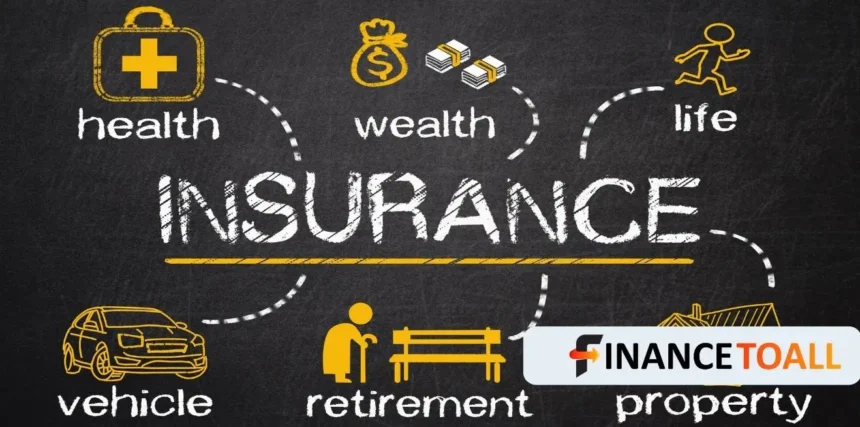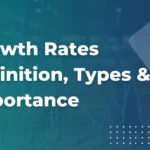Insurance is a way to deal with the risks you face. When you buy insurance, you buy protection against financial losses that come out of the blue. If something bad happens to you, the insurance company will pay you or someone you choose.
If you don’t have insurance and you get into an accident, you might have to pay for everything. Having the right insurance for the risks you might face can change your life in a big way. People get insurance not only to protect themselves from the risks of unplanned events, but also to help pay for things like annual checkups and trips to the dentist.
Also, insurance companies work out deals with health care providers for discounts, which their customers pay for. An insurance policy is a written agreement between the person or company who buys the policy and the insurance company (the insurance company).
The person who buys the policy is not always the person who is covered by it. A person or business can buy an insurance policy, making them the policyholder, that protects someone or something else (who is the insured). When a company buys life insurance for an employee, for example, the employee is the insured and the company is the policyholder.
Important Points on Insurance:
- Insurance is a contract (a policy) in which one person pays another person for losses caused by certain risks or situations.
- There are many different kinds of insurance. Most people have insurance for their life, health, home, and car.
- Most insurance plans are made up of three main parts: the deductible, the policy limit, and the premium.

How does Insurance Policy work?
Most insurance policies last for a certain amount of time. This is what is called the policy term. At the end of that time period, you will need to buy a new policy or renew the one you have. You choose a beneficiary for some types of insurance.
This is the person you want to get the benefits or payments from the policy. When you buy insurance, you have to pay a fee called a premium. Some premiums, like health insurance, are paid every month. Some, like auto or home insurance, may be paid once or twice a year.
How much of a risk you are to the insurance company usually determines how much your premium costs. Most insurance plans have a deductible in addition to the premiums. Before the insurance company pays their part, you have to pay that amount.
For example, if your homeowner’s policy has a $500 deductible and a storm causes $3,000 in damage, you will pay $500 and your insurance company will pay the other $2,500. You can choose your deductible with some policies. Usually, if your deductible is higher, your insurance premium will be lower.
How does insurance make you less likely to lose money?
Imagine you are driving your car and hit a deer, which causes damage to your car. If you have the right kind of car insurance, the company will pay for the repairs (minus the deductible, which is the amount you have to pay). Now, imagine that a water pipe in your bathroom bursts, flooding the room and ruining everything in it and the room next to it.
If you have homeowner’s or renter’s insurance and pay your deductible, the insurance company will usually pay to replace some or all of the damaged property. Only things that are listed in the policy will be paid for by insurance. So, before you buy a policy, it’s important to read it carefully so you know exactly what it covers.
Parts of an Insurance Policy
It’s important to know how insurance works before picking a plan.
If you really understand these ideas, you’ll be much better able to choose the policy that meets your needs. For example, you may or may not need whole life insurance. There are three important parts to any kind of insurance: the premium, the policy limit, and the deductible.
Premium
The premium is the price of a policy, which is usually given as a monthly cost. The insurance company decides how much the premium will be based on your or your business’s risk profile, which may include how good your credit is.
For example, if you own several expensive cars and have a history of driving carelessly, you will probably pay more for an auto policy than someone with a single mid-range sedan and a perfect driving record. But for similar policies, different insurers may charge different premiums. So you have to do some work to find the right price for you.
Policy Limit
The policy limit is the most an insurer will pay for a covered loss under a policy. Maximums can be set per period (for example, annually or for the life of the policy), per loss or injury, or for the life of the policy, which is also called the lifetime maximum.
Most of the time, higher limits come with higher rates. For a general life insurance policy, the face value is the most the insurance company will pay out. This is the amount given to a beneficiary when the insured dies.
Deductible
The deductible is a set amount that the policyholder must pay out of pocket before the insurance company will pay a claim. Deductibles make it less likely that a lot of small claims will be made.
Depending on the insurer and the type of policy, deductibles can be set per policy or per claim. Policies with very high deductibles are usually cheaper because people don’t make as many small claims when they have to pay a lot out of pocket.
What are the Types of Insurance
Insurance comes in many different forms. Let’s start with what’s most important.
Health Insurance

People with chronic health problems or who need to see a doctor often should look for health insurance plans with lower deductibles. Even though the annual premium is more expensive than a similar policy with a higher deductible, having cheaper access to medical care all year may be worth it.
Home Insurance
Homeowners insurance, which is also called “home insurance,” protects your house and belongings from damage and theft. Almost all mortgage companies require borrowers to have insurance for the full or fair value of a property (usually the purchase price) and won’t make a loan or finance a residential real estate transaction without proof.
Auto Insurance

It’s important to take care of your car when you buy or lease it. Auto insurance can give you peace of mind in case you get into an accident or your car is stolen, vandalized, or damaged by a natural disaster. People pay an annual premium to an auto insurance company instead of paying for auto accidents out of their own pockets. The company then pays all or most of the costs of an auto accident or other vehicle damage.
Life Insurance
Life insurance is a deal between an insurance company and a person who owns a policy. In exchange for the premiums paid by the policyholder during their lifetime, a life insurance policy guarantees that the insurer will pay a certain amount of money to the named beneficiaries when the insured dies.
Travel Insurance
Travel insurance is a type of insurance that covers the costs and losses that come with traveling. It’s a good way to stay safe when traveling at home or abroad. According to a survey done by the insurance company Battleface in 2021, almost half of all Americans who went on a trip without travel insurance had to pay fees or cover the cost of losses on their own.
FAQ ( Frequently Asked Questions )
1. What’s the cheapest kind of car insurance?
Ans – The least expensive type of car insurance is just the state minimum liability coverage.
2. What are the 6 types of insurance?
Ans – Auto liability coverage, uninsured and underinsured motorist coverage, comprehensive coverage, collision coverage, medical payments coverage, and personal injury protection are six common types of car insurance coverage. Depending on where you live, some of these policies are required and others are not.
3. Who is the cheapest insurance carrier?
Ans – Based on the most recent analysis of minimum coverage rates, Geico is the cheapest major auto insurance company in the United States.
4. What are benefits of insurance?
Ans – Depending on the type of insurance, it can cover medical costs, car damage, property loss or damage, and other things. The main parts of an insurance policy are the premium, the policy limit, and the deductible.
5. Is driving without insurance illegal?
Ans – Without at least third-party insurance, it is illegal to drive a car on a road or in a public place. Even if the car is insured, if you don’t have the right insurance to drive it, you might be considered to be driving without insurance and could be fined.
Investing in cryptocurrencies and other initial coin offerings (ICOs) is very risky and speculative, and neither Financetoall nor the writer of this article is recommending that you do so , Because everyone’s financial situation is different, you should always talk to a professional before making any financial decisions.
Financetoall doesn’t promise or guarantee that the information on this website is correct or up-to-date, because things like market cap vary each day. The information on this website is not meant to be taken as investment advice, financial advice, trading advice, or any other kind of advice, and you shouldn’t take any of it that way.
Financetoall does not recommend that you buy, sell, or hold any cryptocurrency. Before making any investment decisions, you should do your own research and talk to a financial advisor.
Please Share , comment for Suggestions !
All Images Used in this Article are Licensed Images.
Photo Credit : Google








